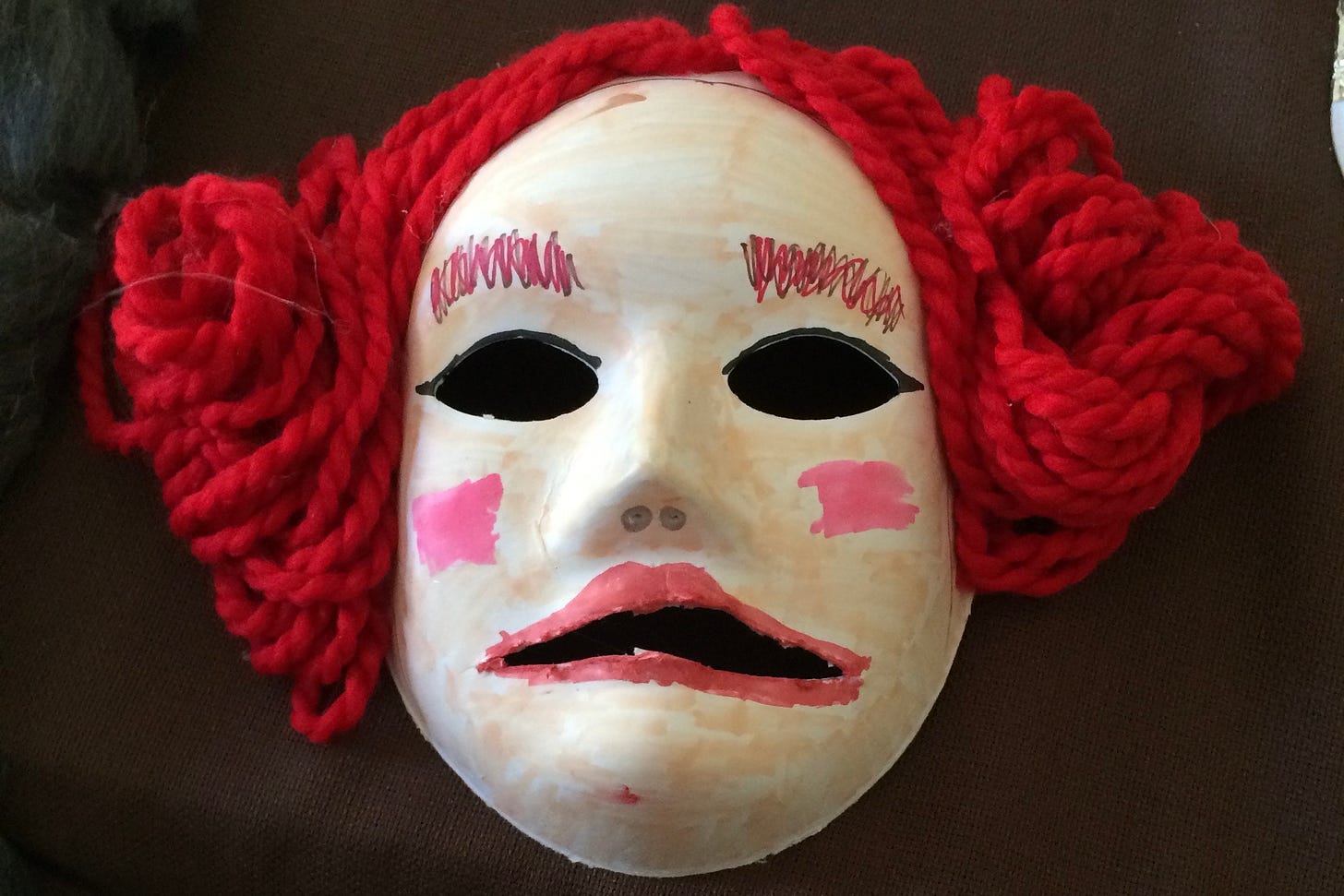Be forewarned: This story contains death and a dead body. And even worse, you will laugh.

This life-and-death story began in 2014 when my mother-in-law Adrienne received the diagnosis of a terminal illness called idiopathic pulmonary fibrosis. Idiopathic, meaning “disease of its own” from the Greek; pulmonary, having to do with the lungs (that one’s Latin); and fibrosis, meaning stiffening or scarring (Latin, again). To put it bluntly, she was slowly suffocating, and no one knew the cause.
With predictable, Princetonian determination, I threw myself into the role of primary caretaker, learning the medical vocabulary and mastering the pharmacological options with such confidence that many doctors asked me if I were a nurse. (No, I’m an actress, but I played one on stage once. How am I doing?)
I did so well that Adrienne often felt over-managed, I’m sure. We had an internist, a cardiologist, a pulmonologist, a neurologist, an ophthalmologist, a dermatologist, and an oncologist, whom we saw in a continual merry-go-round of appointments. I would drive to Canterbury Court, her beautiful senior living community, take her to the appointment across town, and return her home afterwards — a 4-5 hour commitment several times a week that I performed with dedication as the wife of her only child. It was my privilege to walk with his mother through her final days. (Besides which, it was an opportunity for me to be awesome!)
This essay has been purchased for publication by Plough.com. To continue reading, please click here.



I loved it, Kate. The viewing of my mother was not a particularly fun experience to say the least (you're right about the lips...), but your essay brought up some of the good memories as well!
What a super piece! We got my father out of hospital so he could die at home. It was much less protracted for him, and I was visiting as much as possible rather than a primary caregiver, but you capture so well how precious but also exhausting that stage is. I wasn't there when he died and when I went to see his body, which had not yet been "tidied up" by the undertaker, I too thought of that scene describing the death of Falstaff.